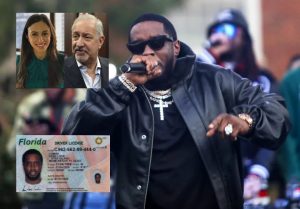As Mexican cities and states crackdown on narcocorridos—songs glorifying drug lords—artists are adapting their music to align with new regulations, reflecting a significant cultural shift in the country.
Mexican Music Industry Faces Backlash Against Narcocorridos

Mexican Music Industry Faces Backlash Against Narcocorridos
Prominent artists like Luis R. Conriquez are distancing themselves from narcocorridos, responding to growing legal and social pressures.
Luis R. Conriquez, the renowned "Corridos King," recently found himself at the center of a cultural shift in Mexico, one that is inviting both criticism and support. During a performance at a fair in Texcoco, he made headlines by announcing on social media that he would refrain from performing certain narcocorridos that glorify drug cartels. Instead, he expressed his commitment to a growing movement advocating for a more responsible portrayal of narcotrafficking in music.
This decision, while applauded by some, met with outrage from fans. After he left the stage, the crowd expressed their displeasure by booing and even vandalizing the instruments. “It feels bad not being able to sing what people want to hear,” Conriquez lamented, although he acknowledged the importance of the cause aimed at reducing the music's association with violence and crime.
Across Mexico, there’s a palpable tension between the celebrated narco culture and the pressing need for a more peaceful narrative in popular music. The backlash against narcocorridos is now becoming a legal issue, with cities implementing bans on lyrics that celebrate criminal activity. Conriquez, in response to this new landscape, has committed to modifying his songs and performances according to local regulations, which may involve altering his setlist for his upcoming U.S. tour.
This marks a significant moment in Mexico’s ongoing struggle with organized crime and its impact on culture and identity. As artists navigate these challenges, the question remains: can the rich tradition of storytelling in music coalesce with a message advocating against drug-related violence?




















